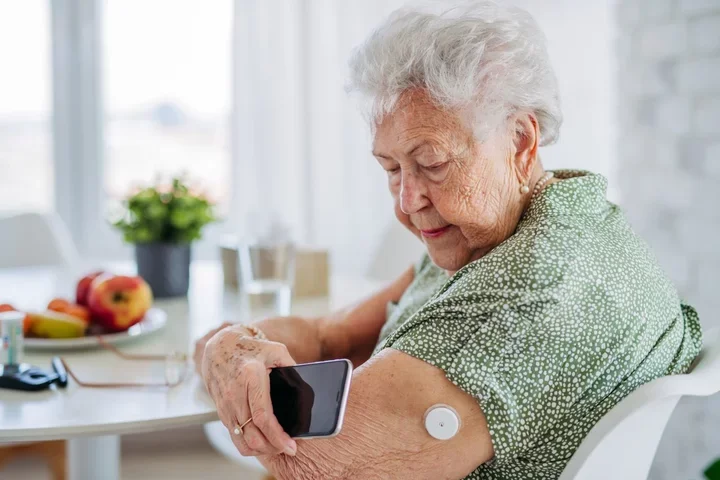Increasing Surveillance Colonoscopy for High-risk Colorectal Polyps
Multilevel Health System Intervention to Increase Surveillance Colonoscopy for High-risk Colorectal Polyps

Colorectal cancer (CRC) is a common and deadly disease, largely preventable through the detection and removal of precancerous polyps. Each year, one million Americans are diagnosed with high-risk neoplasia (HRN), a specific subgroup of colorectal polyps associated with a 2- to 5-fold increased risk for subsequent HRN, CRC, and death. Professional medical societies recommend surveillance colonoscopy 3 years after HRN diagnosis, yet uptake rates are low due to patient, provider, and healthcare system barriers.
This project proposes to implement and evaluate a multilevel, technology-assisted intervention at UCLA Health to address these low surveillance rates. The intervention aims to:
- Automatically and reliably identify patients with HRN.
- Prompt patients and providers when surveillance colonoscopy is due.
- Facilitate colonoscopy referral and scheduling.
The intervention leverages a multidisciplinary research team with expertise in clinical medicine, health services research, medical informatics, natural language processing (NLP), population health, economics, and implementation science. This study fills an important gap in CRC prevention by focusing on a high-risk group that has been largely neglected. This approach has the potential to change clinical practice, is portable for other polyp types and surveillance intervals, and can be adapted for other health systems facing similar challenges.
Contact PI: William Hsu; Folasade P May
Funding Source: NIH NCI



